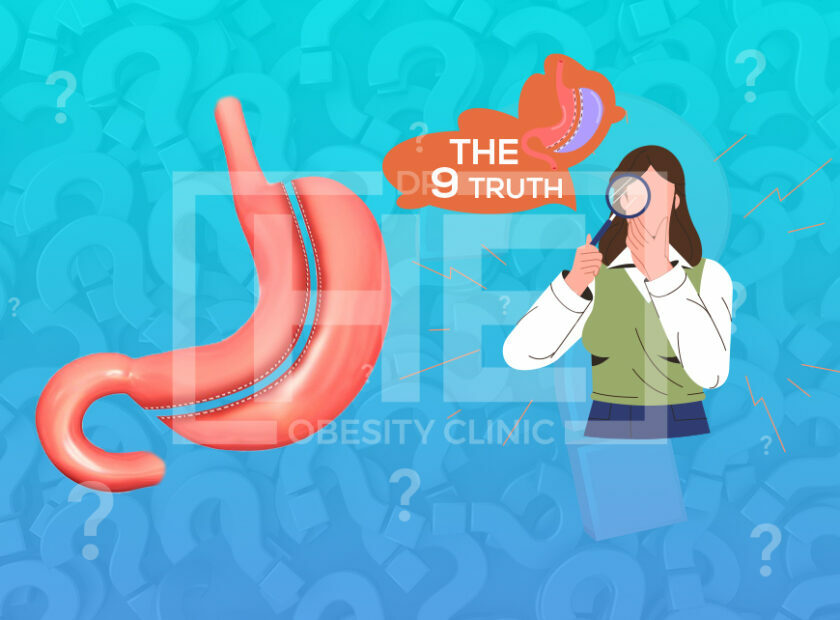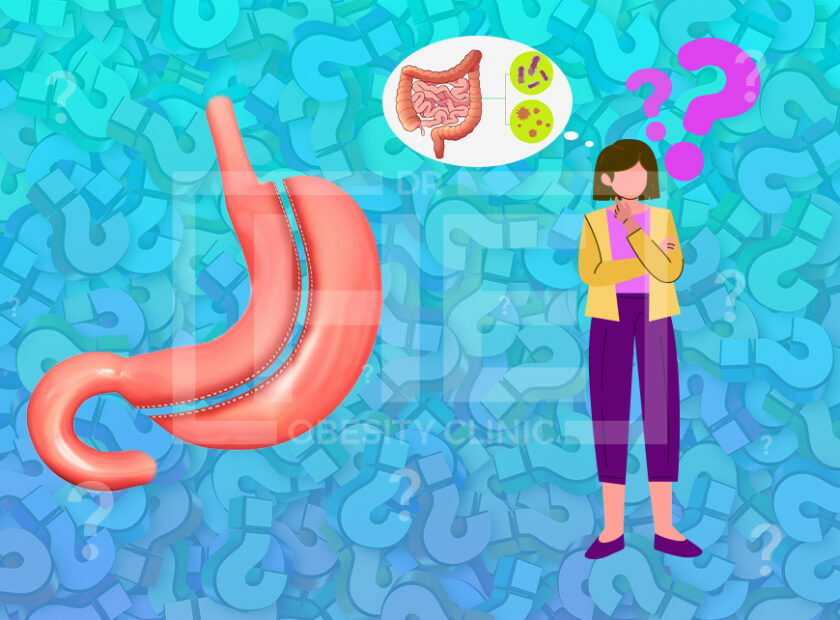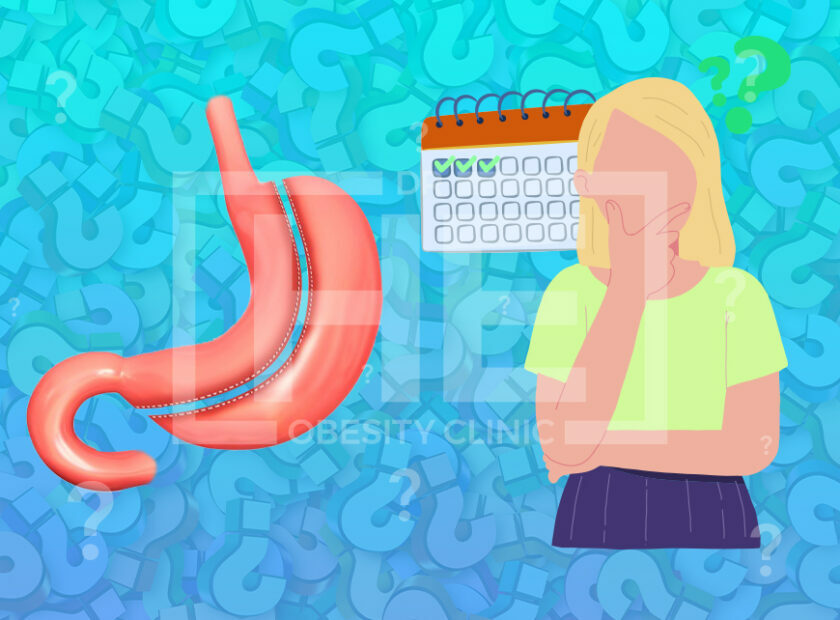Difficulty Swallowing after Gastric Sleeve Surgery. Gastric sleeve surgery is a popular weight loss procedure that involves removing a portion of the stomach to reduce the amount of food it can hold. While the procedure is usually successful in helping people lose weight, some individuals may experience difficulty swallowing after the surgery.
What Causes Difficulty Swallowing After Gastric Sleeve Surgery?
There are several reasons why difficulty swallowing, also known as dysphagia, can occur after gastric sleeve surgery. Some of the most common causes include:
- Stricture: A stricture is a narrowing of the opening from the stomach to the small intestine, which can make it difficult for food to pass through.
- Scarring: Scarring from the surgery can cause the opening from the stomach to the small intestine to narrow, leading to difficulty swallowing.
- Inflammation: Inflammation in the throat or esophagus can cause difficulty swallowing.
How is Difficulty Swallowing Treated After Gastric Sleeve Surgery?
The treatment for difficulty swallowing after gastric sleeve surgery will depend on the underlying cause. Some of the most common treatments include:
- Dilatation: This involves using a balloon to stretch the opening from the stomach to the small intestine, making it easier for food to pass through.
- Endoscopic Procedure: This involves using an endoscope, a thin tube with a camera, to examine the inside of the stomach and small intestine. If a stricture is found, it can be dilated using an endoscope.
- Medication: Anti-inflammatory medication can be used to treat inflammation in the throat or esophagus.
Symptoms
Difficulty swallowing, also known as dysphagia, is a common and uncomfortable side effect of gastric sleeve surgery that may take weeks or months to resolve.
Distress when swallowing is often caused by an esophagus that is unable to push food and liquid through properly, due to eating too quickly, taking large bites, or not chewing your food thoroughly enough. If this occurs, it could indicate that you eat too quickly, are taking large bites, or simply don’t chew your food thoroughly enough.
When having difficulty swallowing, the most important step you can take is to remain calm. It may help if you sip on some liquid like room temperature juice or water for added support.
If you’re experiencing esophageal spasms or chest pain that feels like heartburn, see your doctor immediately. It can be an indication of GERD (gastroesophageal reflux disease). Many people who experience symptoms after gastric sleeve surgery can manage their condition with lifestyle changes and medication; however, if the symptoms don’t improve after several months, conversion to gastric bypass may be recommended in order to lower your GERD risk.
How to Prevent Difficulty Swallowing After Gastric Sleeve Surgery
To prevent difficulty swallowing after gastric sleeve surgery, it’s important to follow the instructions and recommendations of your surgeon and dietitian. Some of the most important steps you can take include:
- Eating slowly and chewing food thoroughly to reduce the risk of food getting stuck.
- Drinking plenty of water to help food move through the stomach and small intestine.
- Avoiding foods that are difficult to swallow, such as nuts, seeds, and tough meats.
- Practicing good posture while eating, as slouching can make it more difficult for food to pass through the stomach and small intestine.
Conclusion
Difficulty swallowing after gastric sleeve surgery is a relatively uncommon but potentially serious complication. If you experience difficulty swallowing after your surgery, it’s important to seek medical attention as soon as possible to determine the underlying cause and receive appropriate treatment. With the right care and attention, however, most individuals are able to manage this complication and continue to enjoy the benefits of their weight loss surgery.




